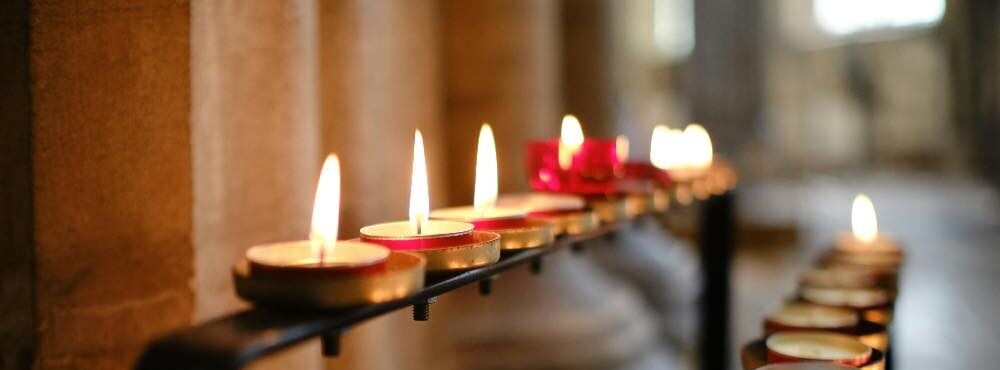This spring, Archbishop Shane Parker appointed the Rev. Canon Dr. Christopher Brittain, Dean of Divinity at Trinity College at the University of Toronto as Canon Theologian for the Anglican DioceSe of Ottawa.
As Bishop of Ottawa at the time, Parker noted “Canon Brittain is a respected scholar of our Church, with published research and expertise concerning relations within the global Anglican Communion, theological responses to crises, political theology, and ethics. He is resident in the Diocese of Toronto and has graciously consented to share his wisdom with our diocesan church when we require learned counsel on complex theological matters.”
One of the most complex issues clergy and lay people are wrestling with is the matter of Medical Assistance in Dying (MAiD). Canon Brittain contributed an article to a book published in 2024 by the Anglican Church of Canada Faith Seeking Understanding: Medical Assistance in Dying — Reflections by Canadian Anglicans. In an interview with Perspective this past summer, he shared some of what was discussed when he was asked to speak on the subject at a clergy conference in another diocese.
“In the conversations I had with the diocesan leadership, they really wanted me to know that their clergy were pretty divided on this issue, which I certainly took to heart. And so, the conversation we had was not about whether clergy should be for or against MAiD… particularly since this was not the conversation I was asked to have. Instead, we talked about how difficult it is for clergy to inhabit situations where people are approaching them for advice about MAiD or possibly asking them to accompany them during the procedure, and how bewildering it can be. We talked about the challenges of being a pastoral leader in this situation and then how to help members of the church think about MAiD in a pastoral way as opposed to sort of an ideological way.”
For clergy who are comfortable accompanying people who choose MAiD, they discussed what challenges and concerns that they need to keep in mind, Brittain said.
For clergy who are less comfortable, they discussed the fact that priests and deacons are not obliged to accompany someone choosing MAiD, but they are still obliged to care for them pastorally. “Can you help them find someone who can support them or their family and talk about a range of alternatives rather than only MAiD?” he suggested.
Brittain noted that in discussing alternatives, such as hospice and palliative care, it is important to ask if those services are available and accessible in that area. If not, “and if we think there should be other options for people, which I hope the church does believe, we need to lobby to make sure these options are available,” he said.
“The church must respond pastorally to those who are dying or who have family who are dying and be the best support we can be…. [MAiD is] a legal option. Some people take it for very good reasons even if they might not be our reasons. And so, we need to try to help people navigate the situation they’re in.”


Saint Mary’s Church, Westmeath — Deanery of the Northwest